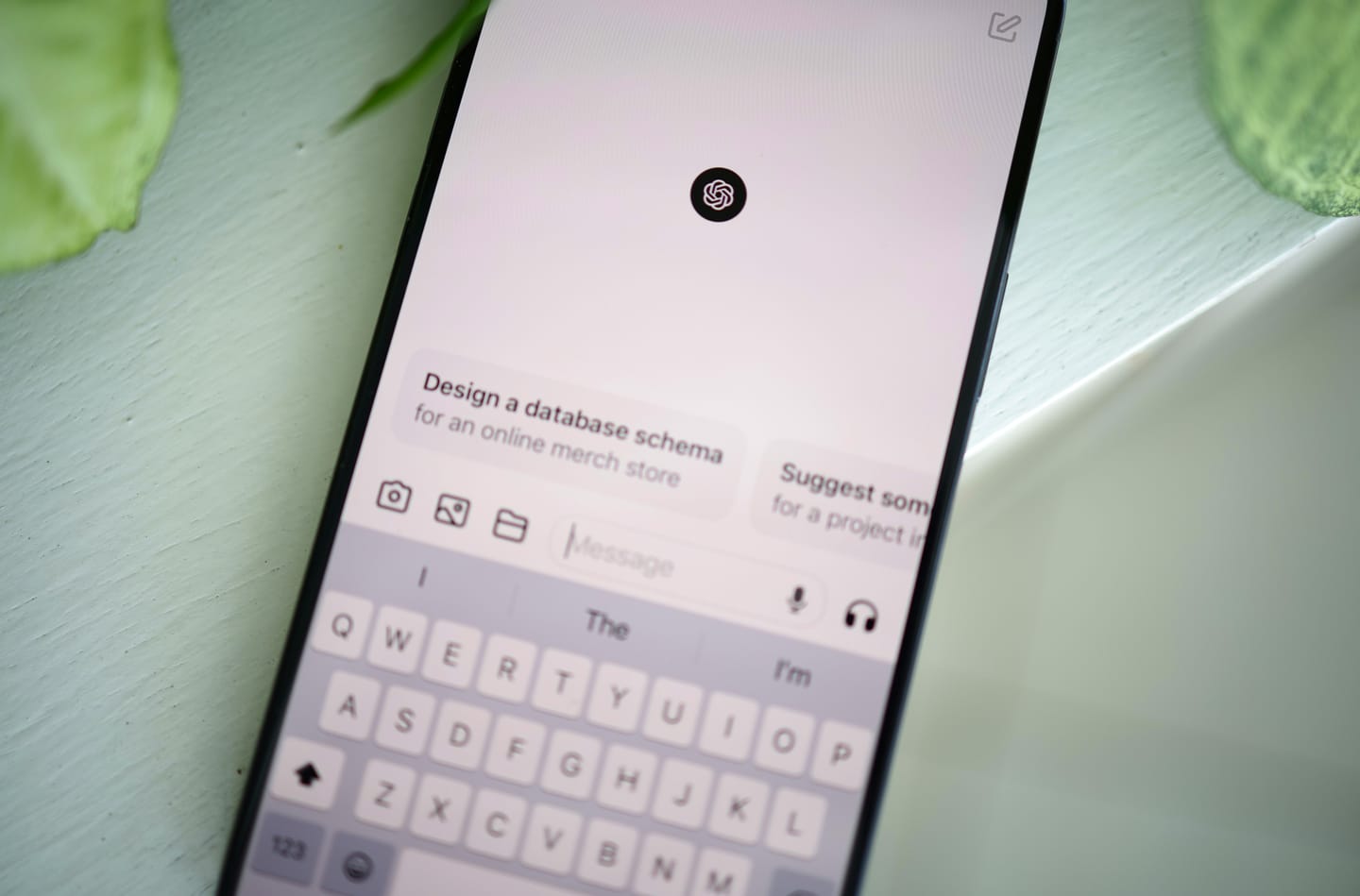Comparing the FutureHouse Platform’s Falcon Agent and OpenAI’s o3 for Literature Search on Machine Coding for the Comparative Agendas Project
Having previously explored the FutureHouse Platform’s agents in tasks such as identifying tailor-made laws and generating a literature review on legislative backsliding, we now directly compare its Falcon agent and OpenAI’s o3. Our aim was to assess their performance on a focused literature search task: compiling a ranked














